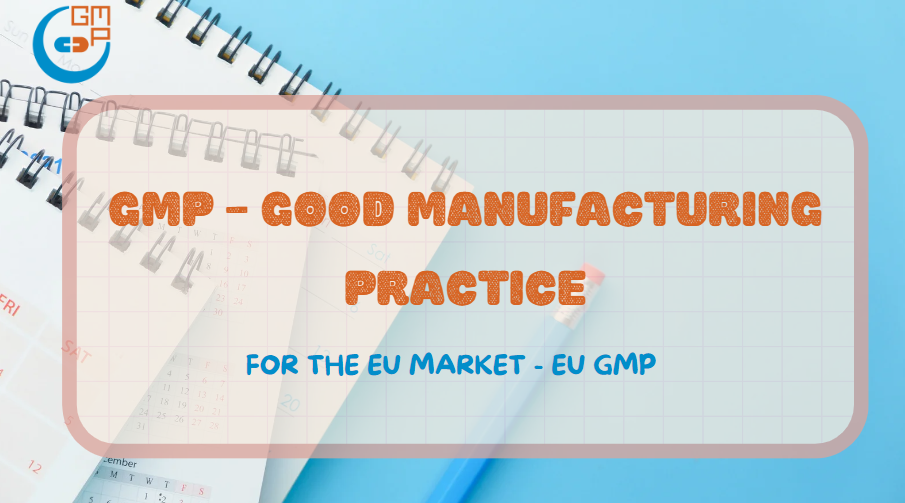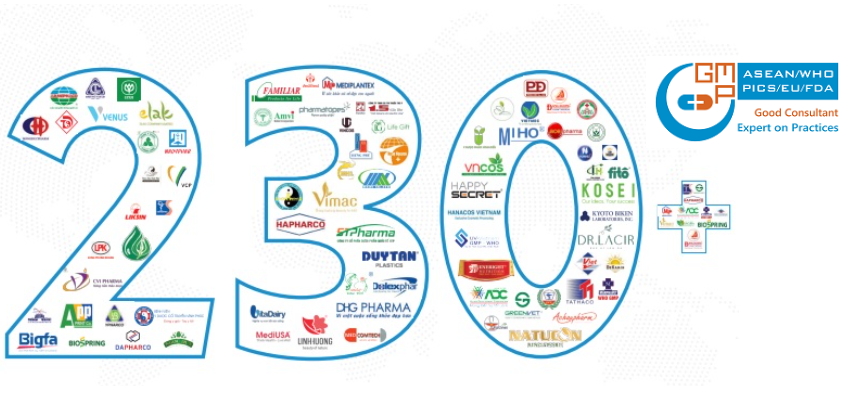
*This content applies to human and veterinary medicines
Good manufacturing practice (GMP) describes the minimum standard that a medicines manufacturer must meet in their production processes. The European Medicines Agency (EMA) coordinates inspections to verify compliance with these standards and plays a key role in harmonising GMP activities at European Union (EU) level.
Any manufacturer of medicines intended for the EU market, no matter where in the world it is located, must comply with GMP.
GMP requires that medicines:
- are of consistent high quality;
- are appropriate for their intended use;
- meet the requirements of the marketing authorisation or clinical trial authorisation.
Legal framework and guidance
Three legal instruments lay down the principles and guidelines of GMP in the EU:
- Regulation No. 1252/2014 and Directive 2003/94/EC, applying to active substances and medicines for human use;
- Directive 91/412/EEC applying to medicines for veterinary use.
In addition Directive 2001/83/EC and Directive 2001/82/EC lay down related provisions.
The EU GMP guidelines provide interpretation of these principles and guidelines, supplemented by a series of annexes that modify or augment the detailed guidelines for certain types of product, or provide more specific guidance on a particular topic.
The GMP / Good Distribution Practice (GDP) Inspectors Working Group provides additional interpretation of the EU GMP guidelines in the form of questions and answers (Q&As).
Annex 1: Manufacture of Sterile Medicinal Products was revised in August 2022. It comes into operation on 25 August 2023 except for point 8.123 which is postponed until 25 August 2024.
Manufacturing authorisation
Manufacturers and importers located in the European Economic Area (EEA) must hold an authorisation issued by the national competent authority of the Member State where they carry out these activities.
They must comply with EU GMP to obtain a manufacturing or import authorisation. They can ensure that they meet all their legal obligations by following the EU GMP guidelines.
Importers are responsible to ensure that the third ry manufacturer they are importing comply with GMP.
Marketing authorisation applicants are responsible to ensure that the proposed manufacturing sites included in the marketing authorisation application comply with GMP. For more information, see section 5.2 Inspections of the Pre-authorisation guidance.

GMPc Vietnam is recognized throughout Vietnam as the leader in providing turnkey consulting solutions for GMP-certified facility projects, including Pharmaceuticals, Cosmetics, Health supplements and Veterinary pharmaceutical. Though 12 years of development 2011 to 2023, GMPc has implemented more than 230 GMP-certified facility projects, equaling to more than 80% of market share of the field in Vietnam. Not only do domestic customers, foreign investors also choose GMPc as their consultant when investing new factories in Vietnam, such as Kyoto Biken Vaccine Factory, Nippon Chemiphar Pharmaceutical Factory, Shimizu Contractor, Kajima Contractor, etc.
Consulting services for EU GMP
Consulting services by GMPc Vietnam
GMP project consulted by GMPc Vietnam


